Rapid acceleration is one thing almost all electric cars have in common. Whether it's a Tesla Model 3 outgunning a McLaren F1, a Rimac Nevera with 2,000 horsepower, or a Porsche Taycan launching a family of four with luggage to sixty in three seconds, most EVs are seriously quick. And without gear changes (Porsche Taycan excluded on a technicality), the way an electric car fires off the line is unlike anything powered by internal combustion. Also helping here is how an electric motor can deliver maximum torque from zero rpm, instead of its delivery building as the revs rise. Throw in all-wheel-drive and a heavy battery aiding traction, and electric cars are among the quickest of any on sale today. Here are the ten quickest-accelerating electric cars available right now. One of the newer kids on the block, the Nevera is the production-ready version of the Rimac C_Two concept we first saw back in 2018. With 1,900 horsepower at its disposal and a T-shaped 120kWh battery between and behind its driver and passenger, the Nevera can reach 60mph in a claimed 1.85 seconds. The Croatian hypercar is also the current holder of the production quarter-mile record, at 8.58 seconds and reaching 167mph in the process. Tesla says the Model S Plaid has a quarter-mile time of 9.23 seconds. Just as the Audi and Porsche are related, the Battistia by Automobili Pininfarina shares much of its drivetrain with the Rimac Nevera. This means a similar 1,900-horsepower output through an all-wheel-drive system and a 0-60mph sprint time of approximately 1.9 seconds. The Battista has an equally impressive top speed of 217mph, a claimed range (presumably when driven more sedately) of 280 miles, and can sprint from rest to 186mph (300km/h) in under 12 seconds. Production is to begin soon and will be limited to just 150 examples worldwide. The Tesla Model S has been a speed king ever since it arrived back in 2012, and the latest incarnation is truly rapid. Although not available in the UK until the end of 2022, the Model S Plaid can be ordered in the US now. With over 1,000 horsepower on tap from a new tri-motor drivetrain, the Model S Plaid has a claimed 0-60mph time of 1.99 seconds. Plainly, this is absurdly fast. But it's also a touch misleading, as Tesla quotes acceleration times with a one-foot rollout, so the stopwatch doesn't start until the car has started moving and covered 12 inches. See it more as a 6-60mph time. It's a similar story with the Tesla Model X, which recently also got the Plaid treatment and promises a zero (ish) to 60mph time of 2.5 seconds. Even if Tesla is employing a one-foot rollout, that still means a seven-seater sprinting to sixty as quickly as a Formula One car. As an indication of just how much quicker the Plaid upgrade makes the Model X, the regular Long Range version covers the 0-60 sprint in 3.8 seconds. Another American electric car startup, Lucid finally revealed the production version of its first car, called the Air, in late-2020. A rival to the Tesla Model S, the Lucid Air will be offered with up to 1,080 horsepower and a 0-60mph time of as little as 2.5 seconds. Lucid also claims a quarter-mile time of 9.9 seconds at 144mph and, from a less powerful version of the Air, an EPA-estimated range of 517 miles. Perhaps the stiffest competition yet posed against the Tesla Model S, the Lucid Air is due later in 2021 with prices ranging from $95,000 to $169,000. The most powerful version of Porsche's first all-electric car has a quoted 0-62mph (100km/h) time of 2.8 seconds. But Porsche is famously conservative with its own performance figures and some testers have seen Taycans reach 60mph in as little as 2.4 seconds. Unusually, the Taycan has a two-speed gearbox, where the first gear is used when Launch Control is activated to help the car sprint away from standstill as quickly as possible. The Taycan then shifts up into second gear, complete with a synthetic shifting sound from its speakers. The flagship of a resurgent Lotus backed with investment from Geely, the Evija is an all-electric hypercar with 1,972 horsepower. Delivered to the road via four electric motors, the output is such that each wheel is more powerful than any previous roadgoing Lotus. Lotus hasn't committed to a specific 0-60mph time just yet, instead saying the Evija will take less than three seconds. Given the vast power, we suspect the time will be much closer to two seconds than three. Even more impressive is a claimed 0-186mph time of nine seconds. Nine. That's potentially 25% quicker than the aforementioned Pininfarina Battista, thanks to having a smaller, lighter 70kWh battery pack. A close relative of the Porsch Taycan, sister company Audi says the RS e-tron GT has a 0-60mph time of 3.0 seconds. Not quite as rapid as the Taycan Turbo S, but we can't imagine the Volkswagen Group allowing an electric Audi super saloon to be quicker than the Porsche with which it shares a drivetrain. That said, it looks like Audi is underplaying its performance statistics too, as some testers have seen 60mph from the RS e-tron GT in a little under 2.9 seconds. As ever, these figures depend on tyres, road surface and ambient temperature. In a shift away from supercars, we now have the R1T electric pickup truck from US startup Rivian. Featured in Long Way Up on Apple TV+, the R1T is due to arrive with buyers later in 2021, and promises a 0-60mph time of 3.0 seconds, thanks to a quad-motor drivetrain and 800 horsepower. Rivian plans to follow the R1T with the R1S, an electric SUV built on the same platform and offering the same levels of straight-line performance and off-roading ability. Back to Tesla again now and the Model 3, which offers a 0-60mph time of just 3.1 seconds when you opt for the flagship Performance variant. The Model 3's acceleration has always felt significant to car fans of a certain age, having previously matched the 3.2-second sprint time of the McLaren F1, the supercar once owned (and crashed) by Elon Musk, before losing a tenth via a software update. Tesla is yet to announce Plaid plans for the Model 3, but we wouldn't be surprised to see it follow the Model S and X in the years to come.
Rimac Nevera
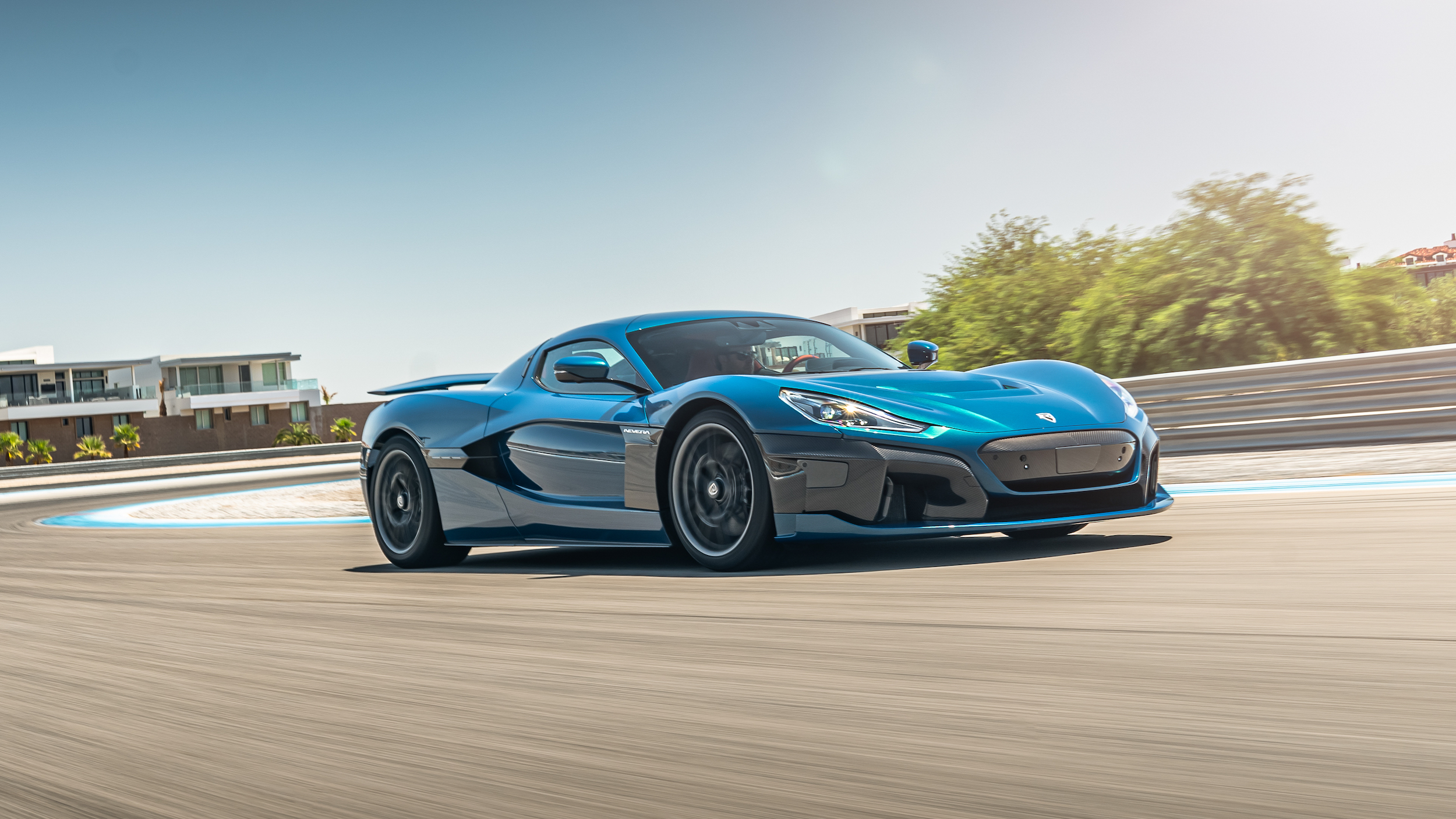
Automobili Pininfarina Battista
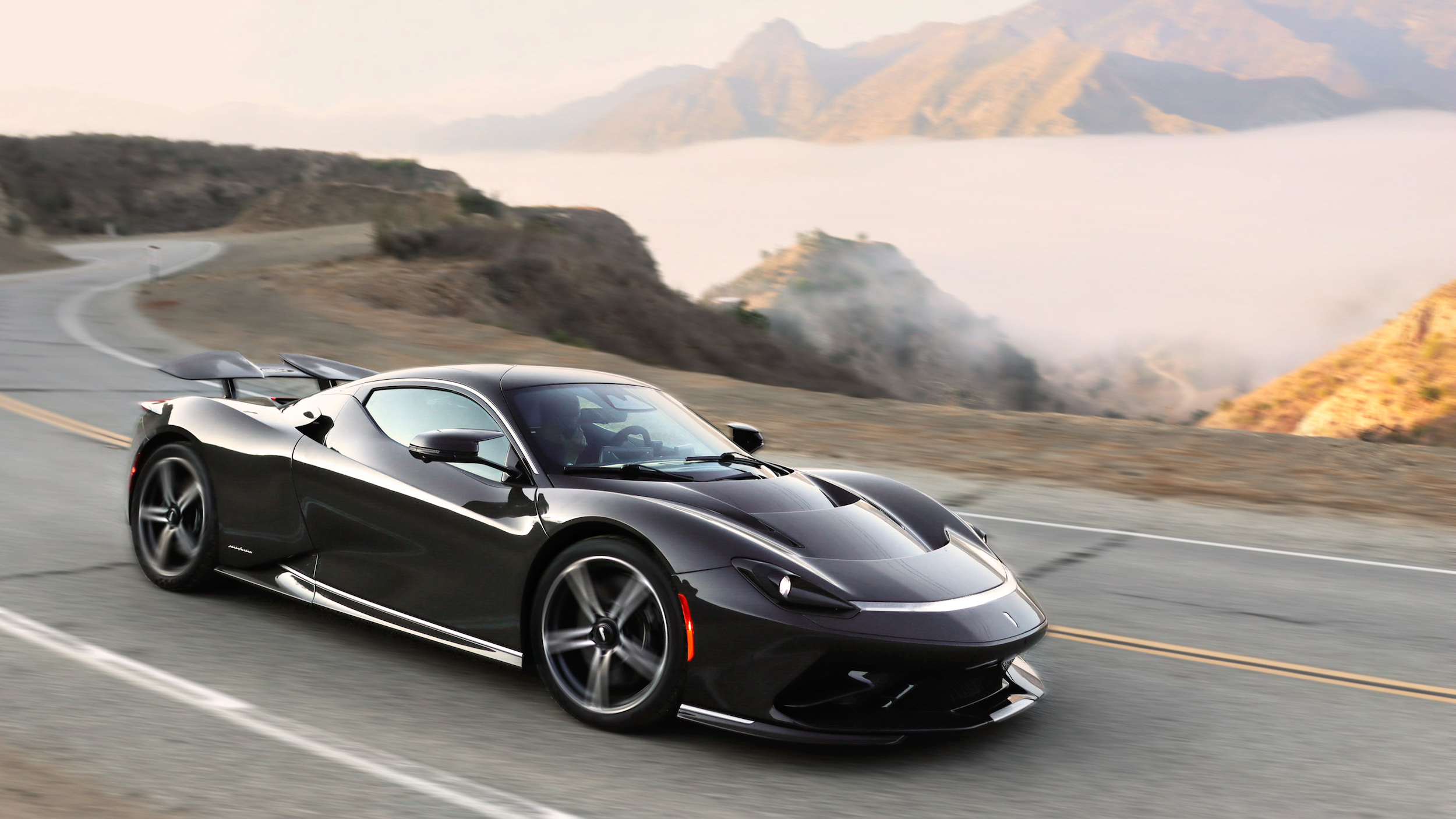
Tesla Model S Plaid
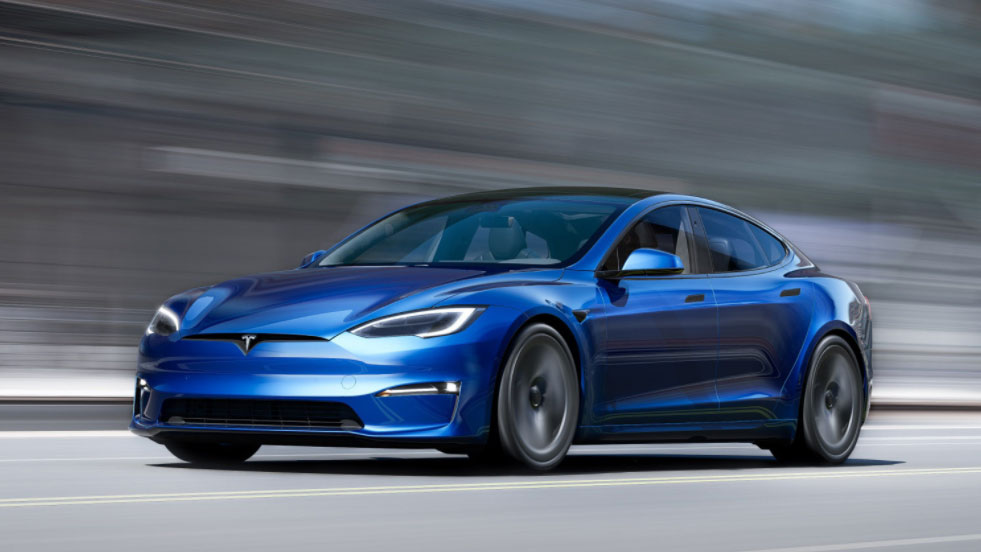
Tesla Model X Plaid
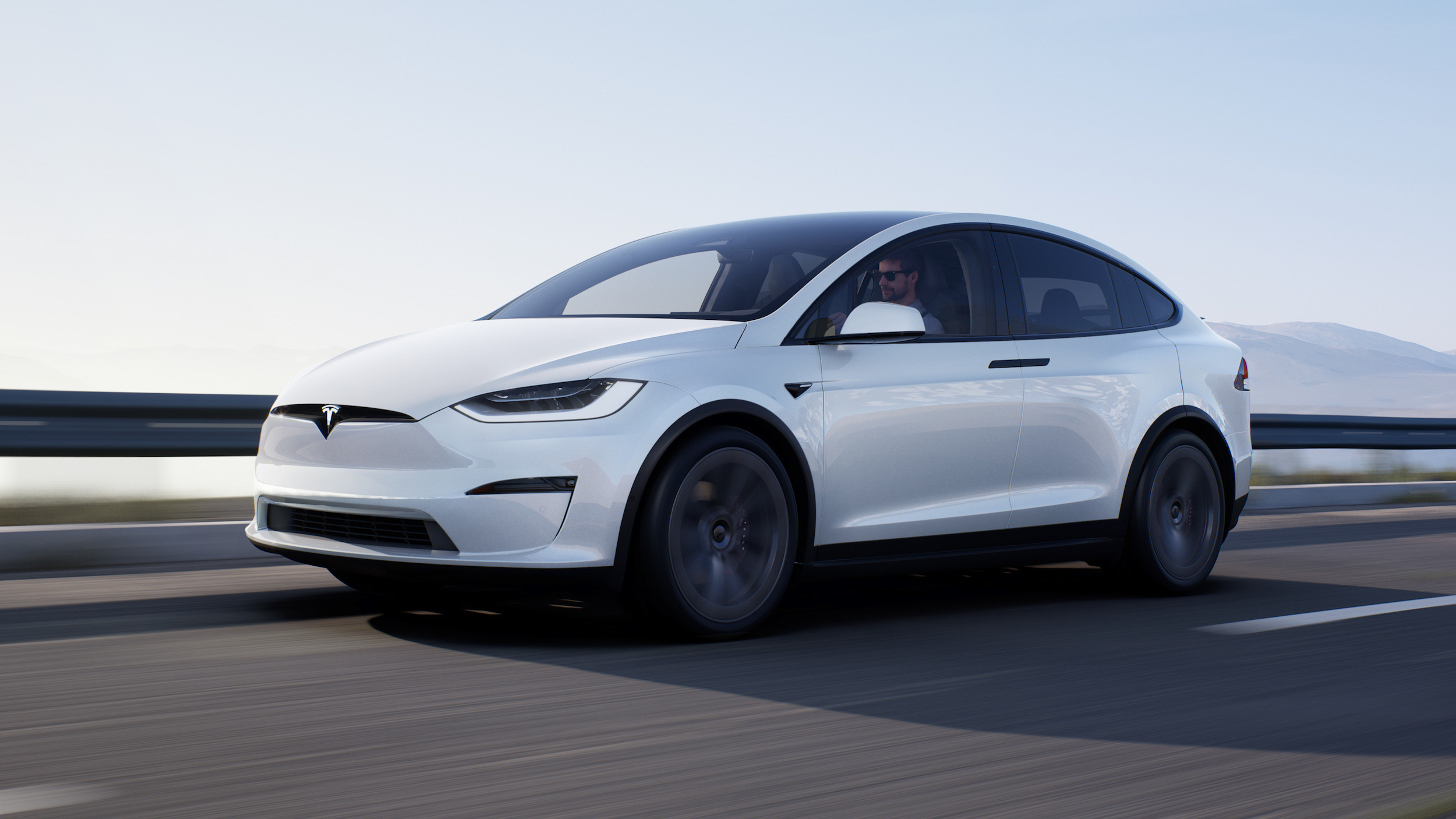
Lucid Air
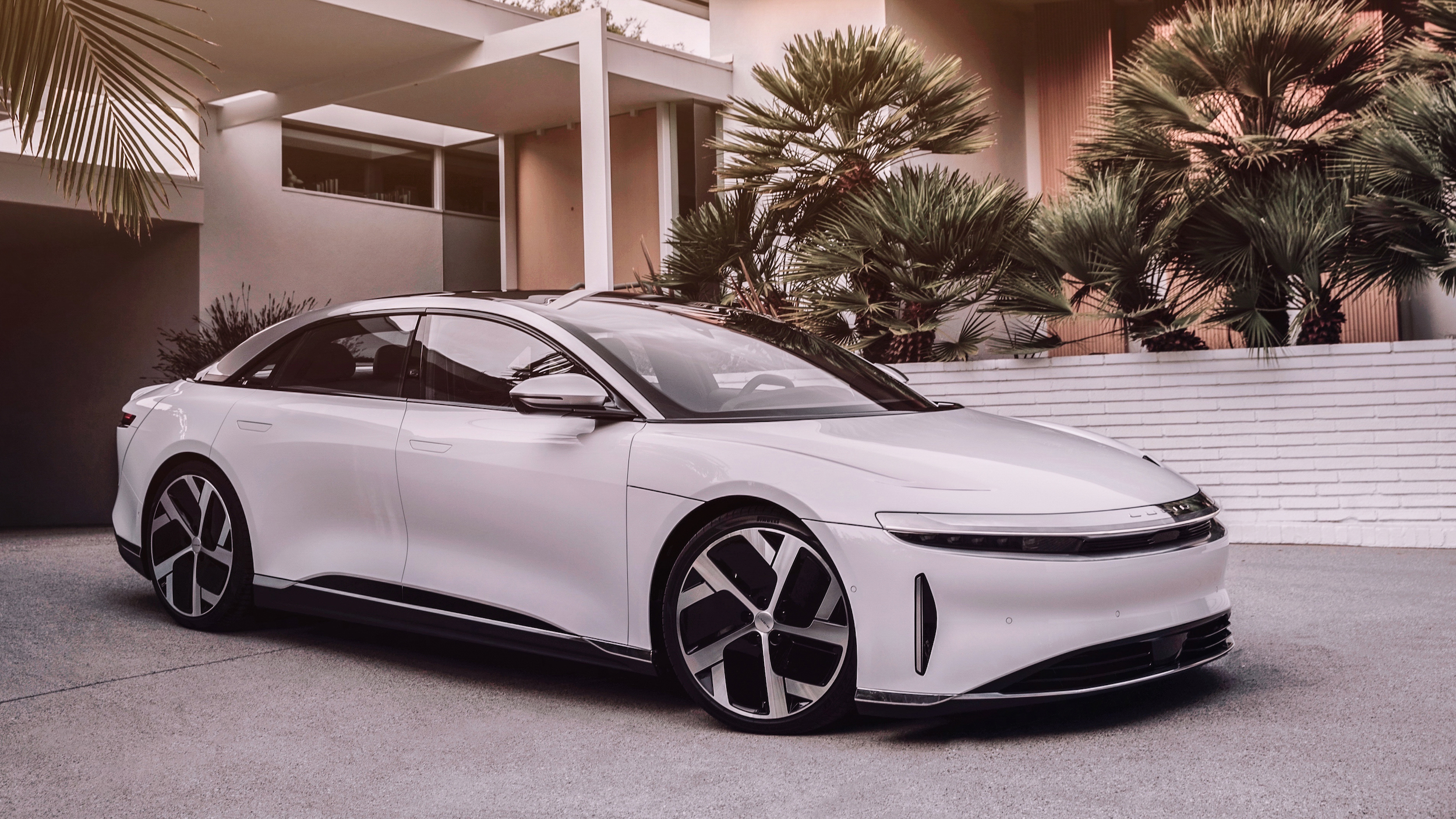
Porsche Taycan Turbo S
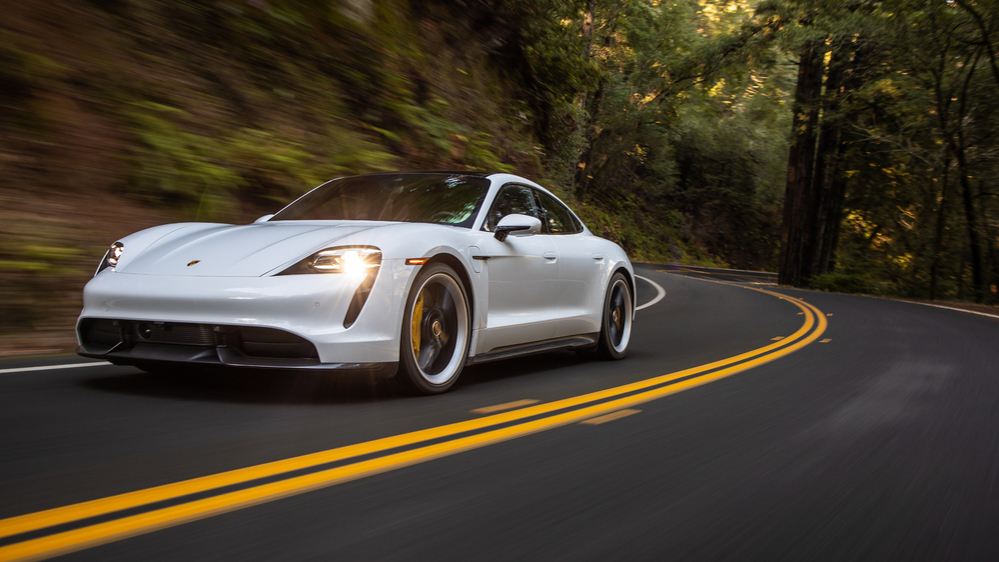
Lotus Evija
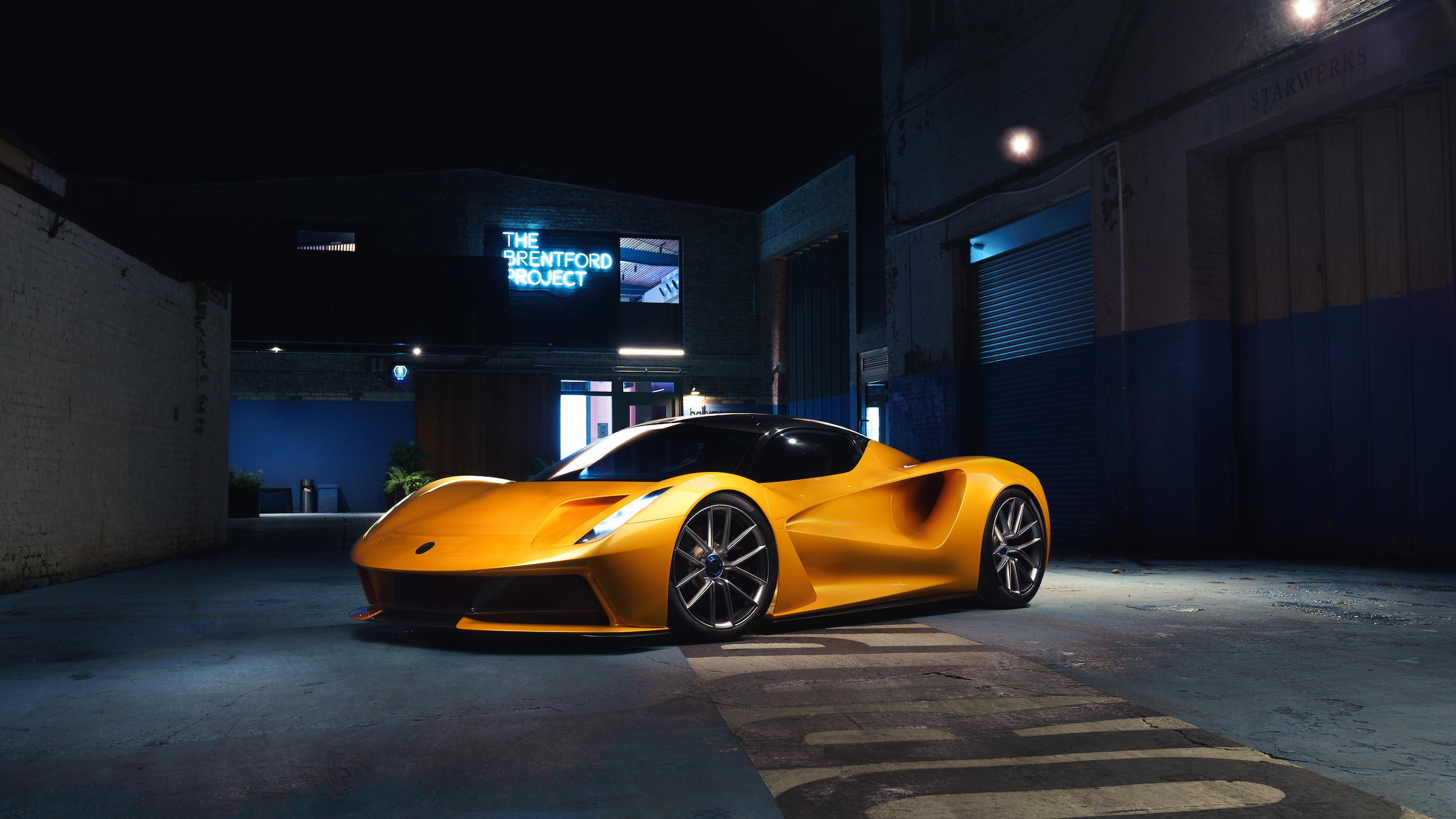
Audi RS e-tron GT
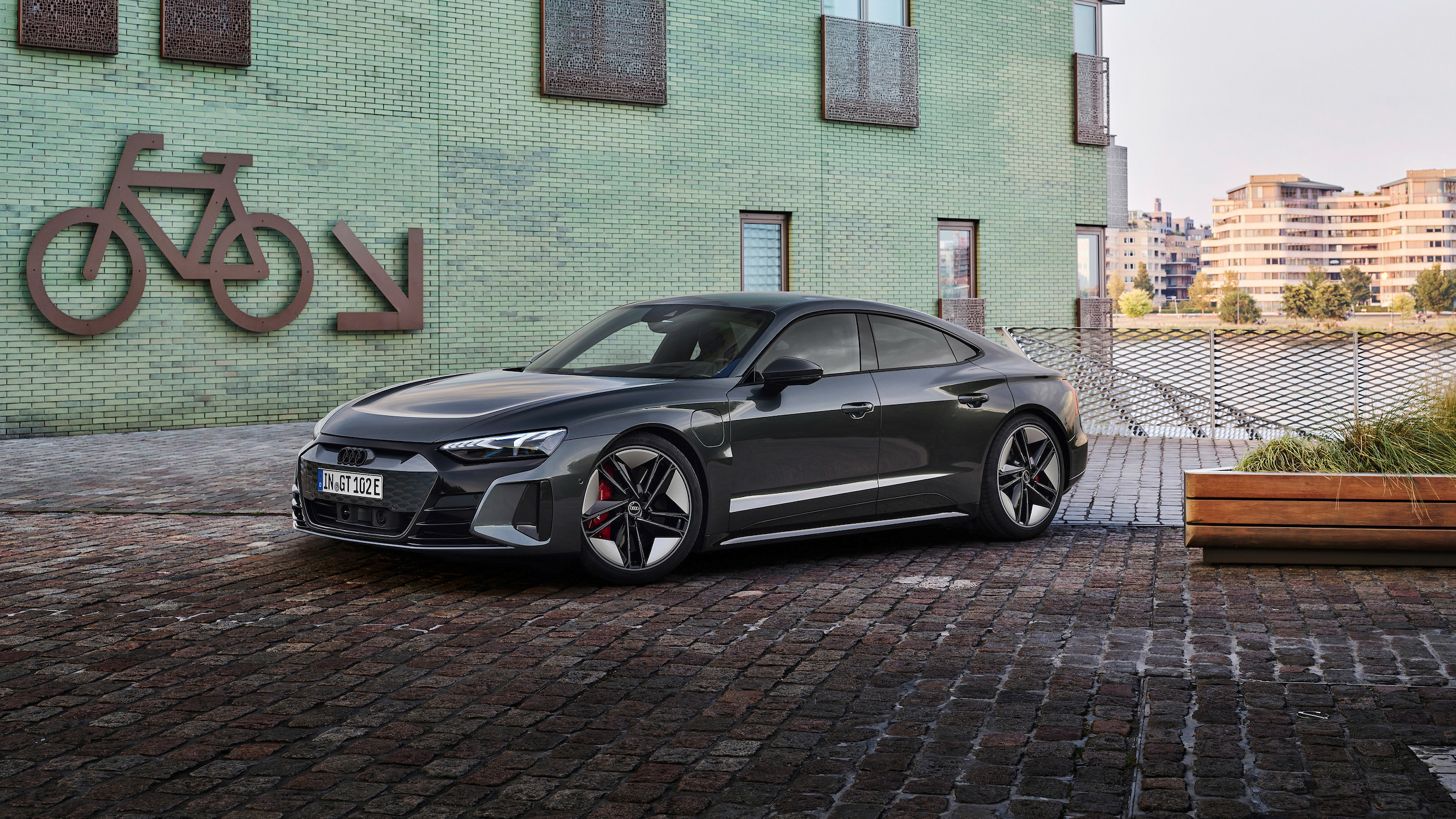
Rivian R1T
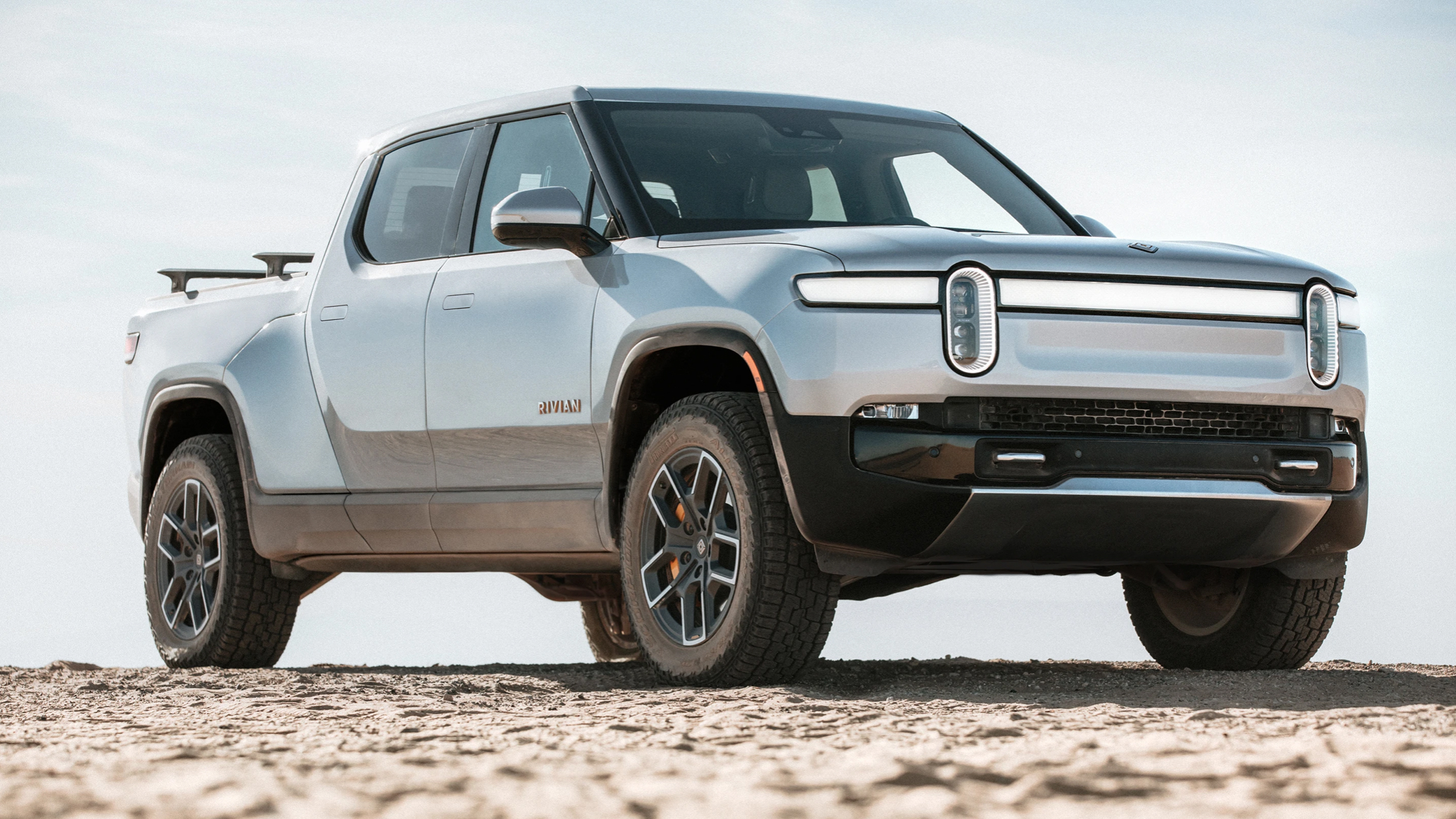
Tesla Model 3
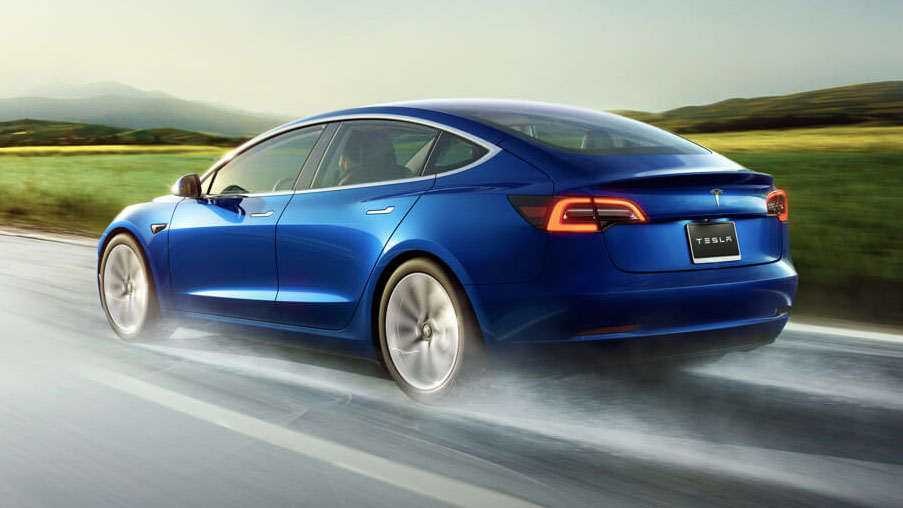
source https://www.techradar.com/news/the-fastest-accelerating-electric-cars-in-the-world/
Rule #21 of the internet: Original content is original only for a few seconds before getting old.


